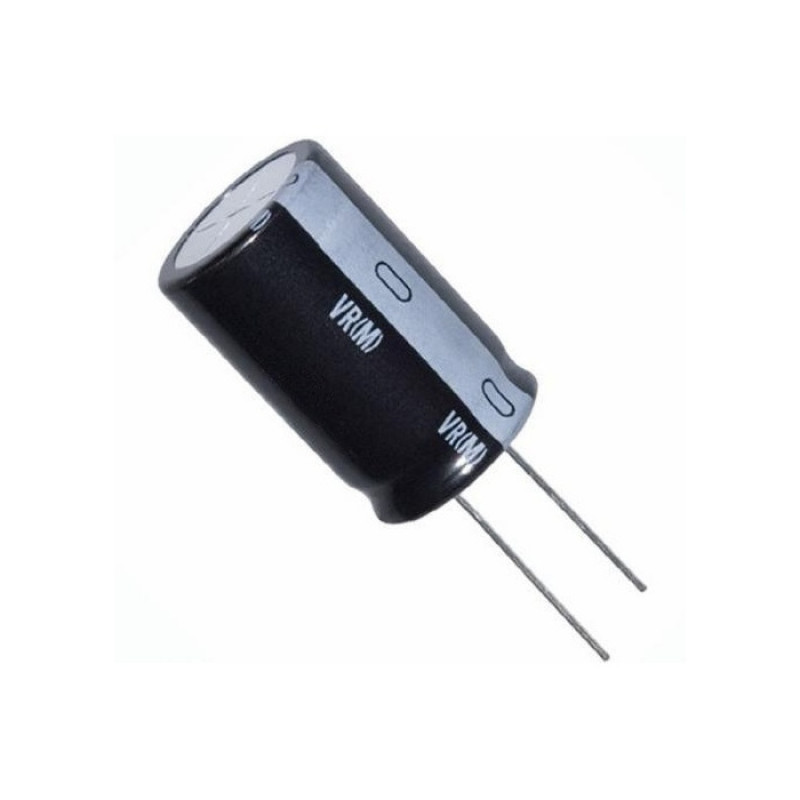In the vast realm of electronics, where components play a crucial role in shaping the functionality of devices, one component stands out for its unique properties and indispensable applications: the inductor. From power supplies to signal processing circuits, inductors find their place in a wide range of electronic systems. In this article, we will delve into the world of inductors, exploring their purpose, working principles, and the reasons behind their ubiquitous presence in various industries.
- Understanding the Basics:
To comprehend the significance of inductors, we must first grasp their fundamental characteristics. An inductor is a passive electronic component that stores energy in the form of a magnetic field when an electric current flows through it. It consists of a coil of wire wound around a core material, typically made of iron or ferrite. The number of turns in the coil and the core material determine the inductor's properties, such as inductance and saturation current. - Inductors in Power Electronics:
Inductors play a vital role in power electronics, where efficient energy conversion is paramount. One of the primary applications of inductors in this field is in switching power supplies. By utilizing inductors in combination with capacitors, these power supplies can regulate voltage and current, ensuring stable and clean power delivery to electronic devices. Inductors also help in reducing electromagnetic interference (EMI) and filtering out unwanted noise, enhancing the overall performance and reliability of power systems. - Inductors in Signal Processing:
In the realm of signal processing, inductors find their place in various circuits, such as filters and oscillators. Inductors, along with capacitors and resistors, form the building blocks of analog filters, allowing engineers to shape the frequency response of a circuit. Inductors also enable the creation of oscillators, which generate continuous waveforms used in applications like radio frequency (RF) communication and audio synthesis. Their ability to store energy in a magnetic field makes inductors indispensable in these applications. - Inductors in Automotive Industry:
The automotive industry heavily relies on inductors for a multitude of purposes. In electric and hybrid vehicles, inductors are crucial components in the powertrain, helping to control the flow of electricity and ensuring efficient energy conversion. Inductors also play a role in ignition systems, where they help generate high-voltage pulses for spark plugs. Additionally, inductors are used in various sensors and actuators, contributing to the overall functionality and safety of modern vehicles. - Inductors in Communication Systems:
Communication systems, such as wireless networks and telecommunication devices, heavily rely on inductors for signal transmission and reception. Inductors are integral components in radio frequency (RF) circuits, enabling the tuning and filtering of signals. They help in impedance matching, ensuring maximum power transfer between different stages of a communication system. Without inductors, the efficient and reliable operation of these systems would be challenging to achieve.
Conclusion:
Inductors, with their ability to store energy in a magnetic field, serve as indispensable components in various industries. From power electronics to signal processing, automotive applications to communication systems, inductors play a vital role in ensuring efficient energy conversion, filtering unwanted noise, and enabling the transmission of signals. Understanding the importance of inductors and their diverse applications empowers engineers and designers to create innovative and reliable electronic systems that shape our modern world.

